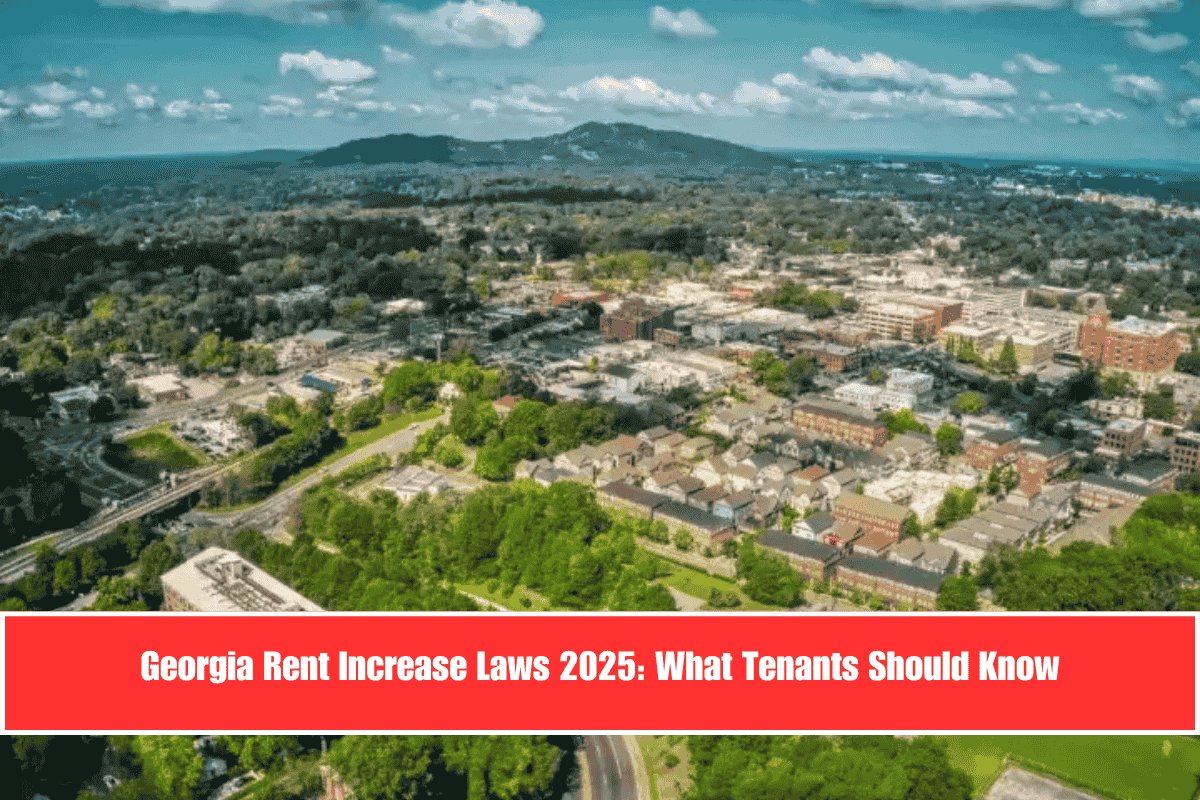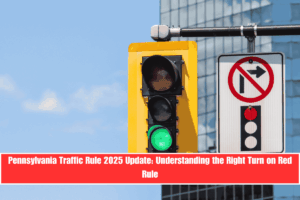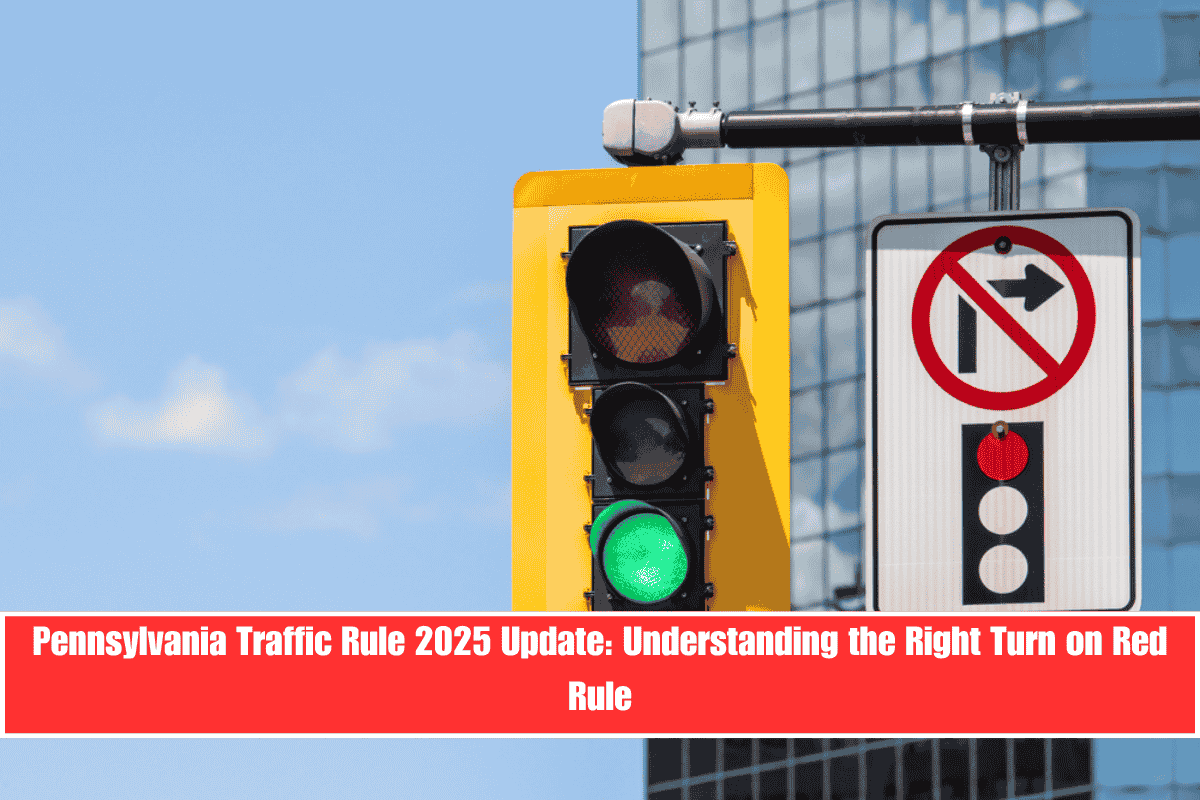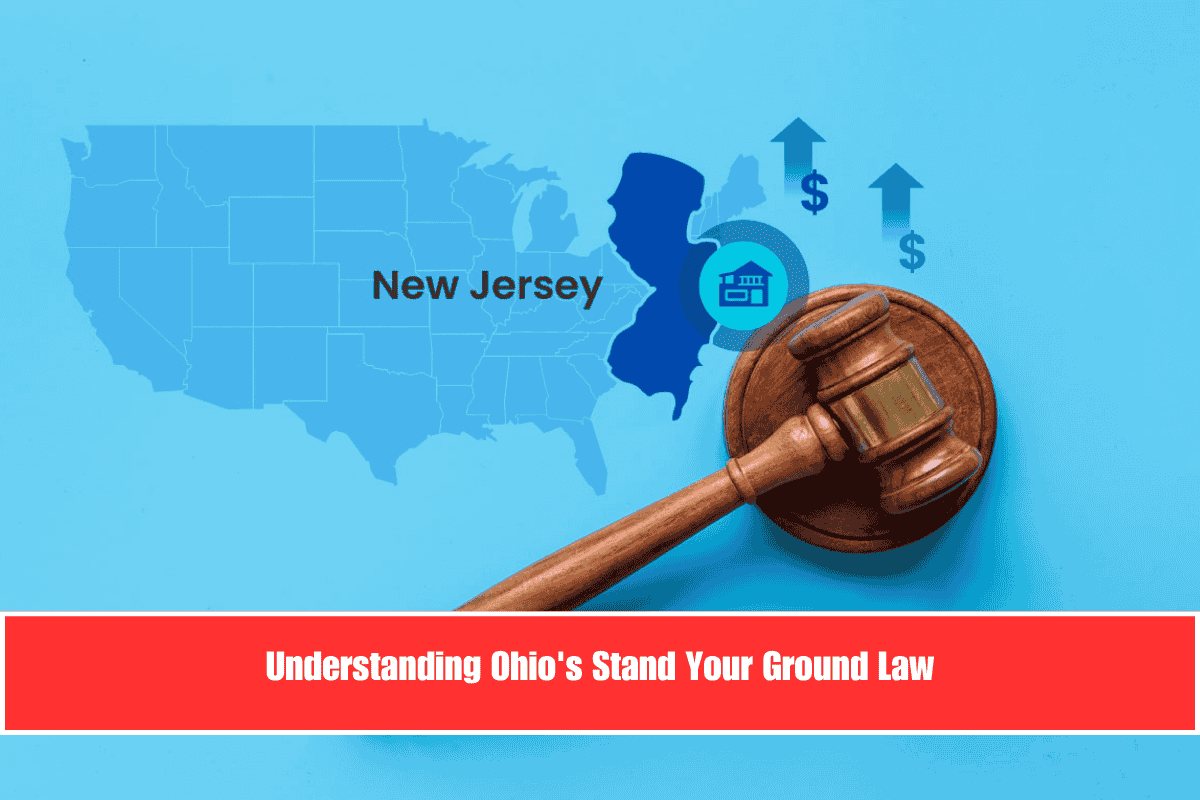- No Rent Control: Georgia does not have statewide rent control. Landlords can raise rent by any amount once a lease term ends or with proper notice, and there is no legal cap on rent increases for most tenants.
- Market Driven: Rent prices and increases are set by the market, not by state regulation.
Notice Requirements
- 60-Day Written Notice: Landlords must provide tenants with at least 60 days’ written notice before a rent increase takes effect, whether you are on a month-to-month lease or at the end of a fixed-term lease.
- During Lease Term: Rent cannot be increased during a fixed-term lease unless the lease specifically allows for it.
When Rent Increases Are Illegal
- Retaliation Prohibited: Landlords cannot raise rent in retaliation for tenants exercising legal rights, such as requesting repairs or joining a tenant organization. Any increase within three months of such actions may be considered retaliatory and illegal.
- Discrimination Prohibited: Rent increases cannot be based on race, color, national origin, religion, sex, familial status, disability, age, or other protected characteristics under federal and state fair housing laws.
Special Protections for Certain Tenants
- Seniors and Disabled: Recent legislation (HB 938) restricts rent increases for tenants over 62 who primarily rely on Social Security or disability benefits. If you fall into this category, specific caps may apply.
Local Rules and Lease Agreements
- Local Ordinances: While Georgia has no statewide rent control, some cities may consider or have local policies. Always check for any local regulations that might affect your situation.
- Lease Terms Control: The terms of your lease agreement govern when and how rent can be increased. If your lease is silent on increases during the term, the landlord must wait until renewal.
Tenant Rights and Options
- Negotiation: You have the right to negotiate the rent increase with your landlord.
- Move Out: If you cannot afford the increase, you may choose to move out at the end of your lease after providing proper notice.
- Challenge Illegal Increases: If you believe a rent increase is retaliatory or discriminatory, you can file a complaint with the Georgia Department of Community Affairs, the Georgia Commission on Equal Opportunity, or HUD.
Recent Legislative Changes
- Habitability Standards: The “Safe at Home Act” (HB 404, 2024) now requires landlords to maintain rental units in habitable condition and limits security deposits to two months’ rent, but it does not limit rent increases for most tenants.
Table: Georgia Rent Increase Laws (2025)
| Rule/Requirement | Details |
|---|---|
| Statewide rent control/cap? | No cap for most tenants |
| Notice required for rent increase | 60 days’ written notice |
| Rent increase during fixed-term lease? | Only if lease allows |
| Retaliatory/discriminatory increases? | Prohibited |
| Special protections (seniors/disabled)? | Yes, for some (HB 938) |
| Security deposit cap | Two months’ rent (Safe at Home Act, HB 404) |
| Habitability standards | Landlords must keep units safe and livable (HB 404) |
In Georgia, landlords can raise your rent by any amount with 60 days’ notice, unless your lease says otherwise or you are protected under special circumstances. Increases cannot be retaliatory or discriminatory. Always review your lease and local ordinances, and know your rights to challenge illegal rent hikes.
Sources
[1] https://www.doorloop.com/laws/georgia-rent-increase-notice
[2] https://www.hemlane.com/resources/georgia-rent-control-laws/
[3] https://www.steadily.com/blog/rent-increase-laws-regulations-georgia
[4] https://nlihc.org/resource/georgia-passes-new-tenant-protection-law-renters-establishing-minimum-habitability
[5] https://www.landlordstudio.com/landlord-tenant-laws/georgia-rent-increase-laws







